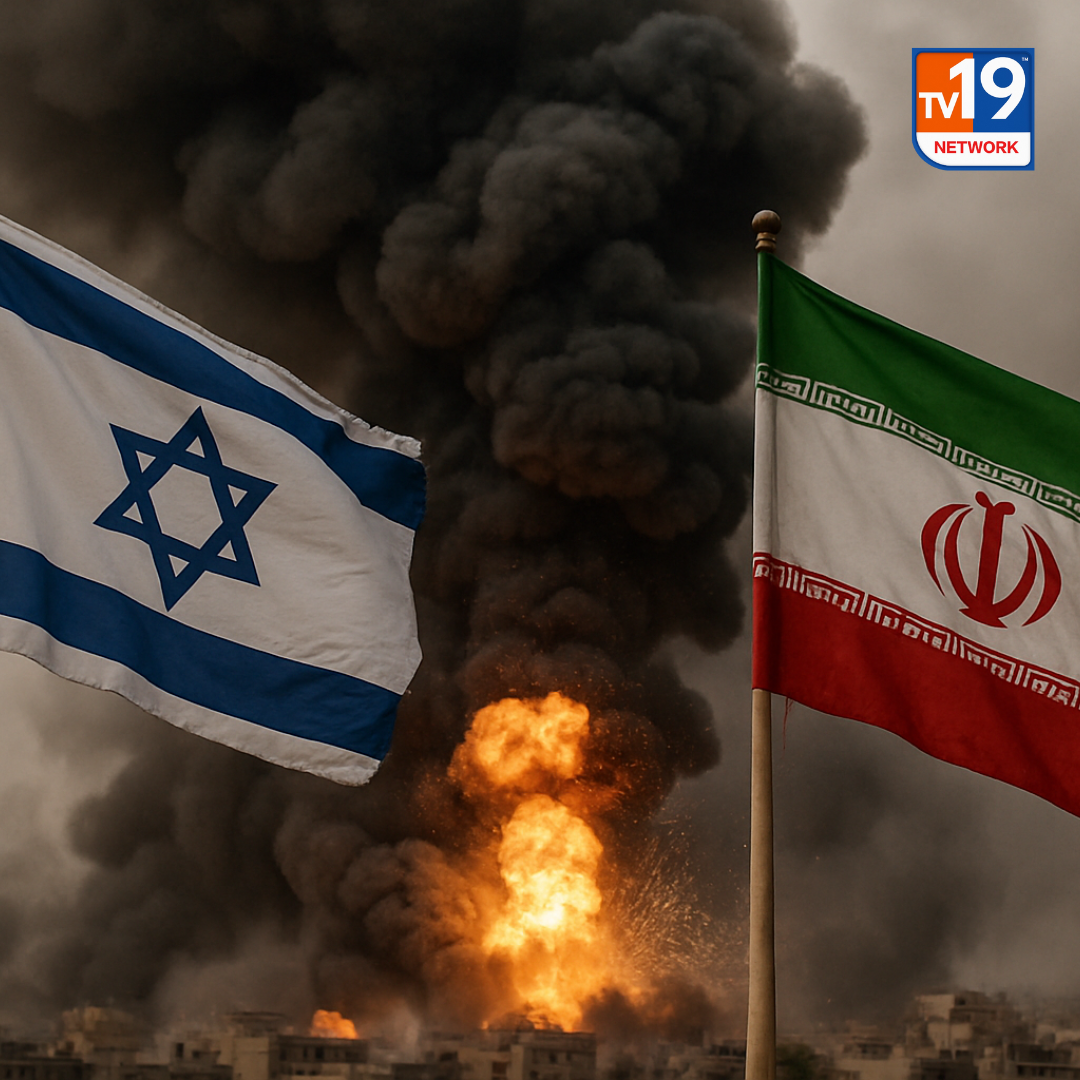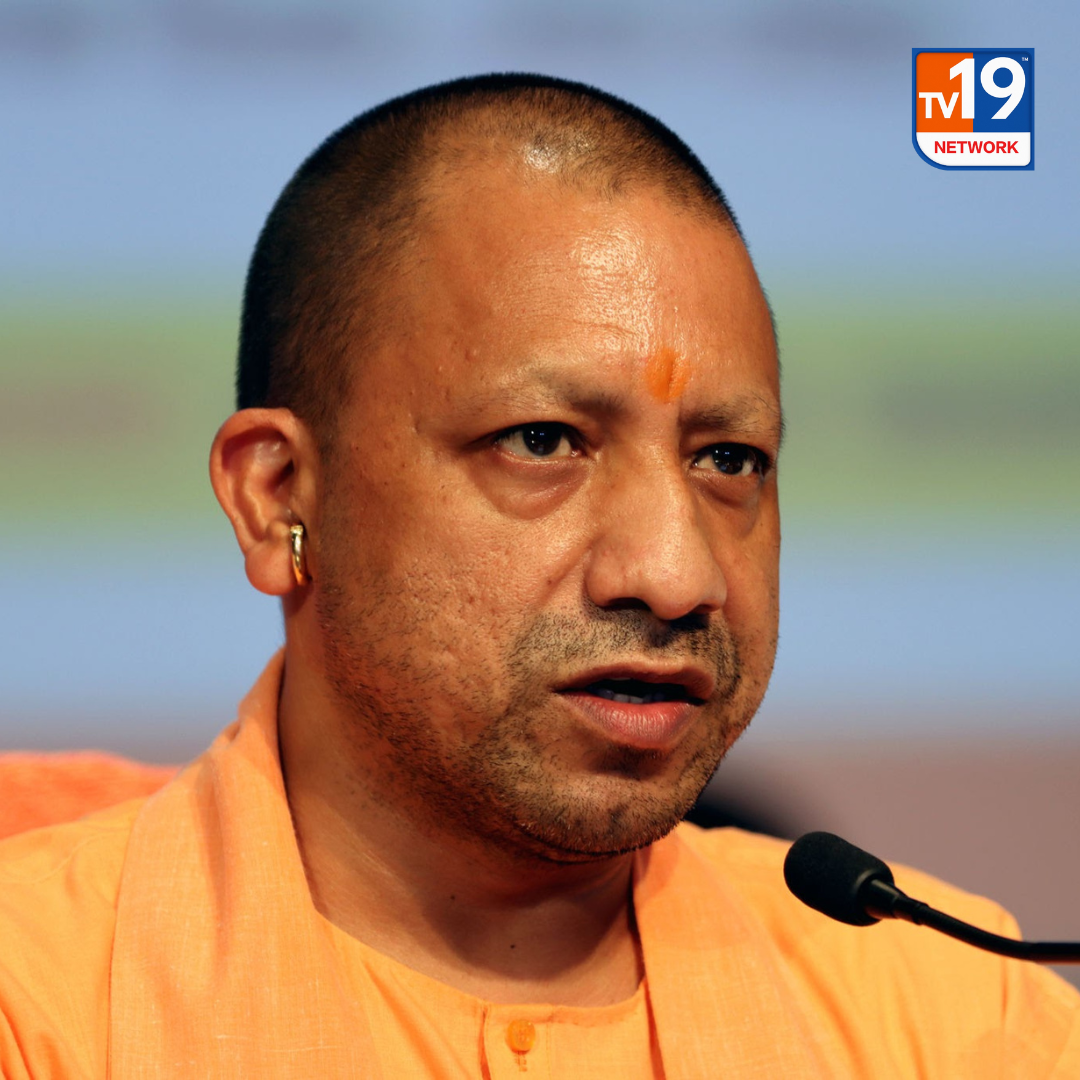





We are Tv19 network (Tv19 Bangla, Tv19 Bharat, Tv19 India) your trusted source for in-depth, accurate, and timely digital news coverage, delivering breaking stories, insightful analysis, and engaging multimedia content across directly to your fingertips.
Total Visit :
Email : info@tv19media.com
For advertisement : Call +91 8100688819
For Internship & news : Call +91 8100360951
© Tv19 English . All Rights Reserved.